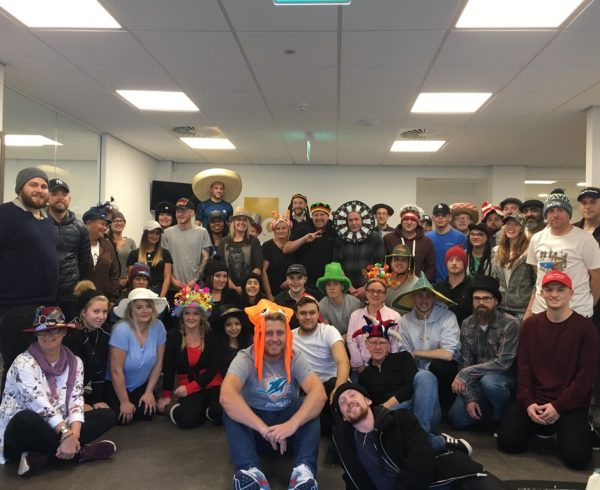We’re nearing the point where automated or “self-driving” cars are becoming a reality for the everyday driver, and the implications of which are pretty huge. Most road traffic accidents occur due to human error, autonomous vehicles could reduce the number of RTAs we see each year. An article by AA includes other big plus points to self-driving cars including the fact that “greenhouse gas emissions could be greatly reduced.
Not only are autonomous vehicles likely to drive themselves more economically than those driven by humans, but driverless vehicles could also increase car-sharing. In turn, roads would be less congested meaning reduced journey times.” With the price of fuel at an all-time high, this also means we’ll be shelling out less to fill up our tanks.
Another huge benefit will be the independence available to people who previously may not have had the confidence or ability to drive a traditional car. Professor of transport design Paul Herriotts calls it “an opportunity to revolutionise personal transport in a way that offers life-changing benefits to people with disabilities.”
Of course, there are some potential negatives to this new technology including hacking risks, and how automated cars will respond to varying road conditions. Auto Express comments, “narrow lanes in rural areas could pose a different challenge for autonomous vehicles compared to a brand-new dual carriageway which, though freshly painted and clearly signed when first built, will deteriorate, making it more difficult for autonomous vehicles to operate correctly”.
What do Automated Cars mean for Insurance?
The huge advancement in driving could mean we’re paying less for our annual insurance coverage. AA explains “if driverless cars increase road safety and reduce accidents, then you’d be right in thinking that a drop in insurance premiums will follow. Currently, vehicles with new safety technology such as autonomous emergency braking (AEB) already attract a lower insurance group rating.”
But things won’t be completely straightforward when it comes to insuring vehicles where a person can’t be held accountable for an incident or accident. Auto Express notes, “potentially the biggest unanswered legal question about autonomous technology is one of insurance; which party is deemed responsible in the event of an accident in which the driver was not in control of the vehicle – the driver or the manufacturer?” and it appears a number of large insurance companies have been working on an answer. From insurers offering unique policies, to car manufacturers such as Volvo providing their own form of insurance, there are many options in the works so we should have several solutions by the time the technology hits the road.
When will we See Automated Cars on the Road?
The government is keen to have self-driving cars on the roads as soon as possible. In April, they confirmed some planned changes to the highway code to accommodate for automated vehicles. They are confident that “Britain’s first vehicles approved for self-driving could be ready for use later this year” and assure the public that “vehicles will undergo rigorous testing and only be approved as self-driving when they have met stringent standards.” The government also says it “expects to have a full regulatory framework in place to support the widespread deployment of the technology by 2025, helping to make the movement of people and goods safer, greener and more efficient.”
The next few years will see a huge leap forward in the way we get from A to B. Massive advancements in electronic vehicles and self-driving cars and commercial vehicles means big things for drivers, passengers, and the environment. It’s certainly an exciting time in the auto industry right now and we can’t wait to see what the not-so-distant future has in store.










